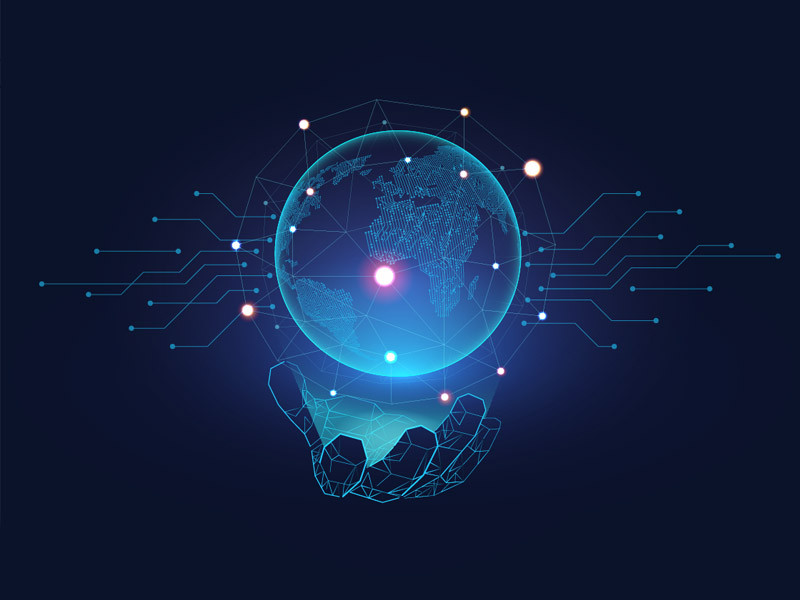Microsoft president Brad Smith told the BBC that it will be “difficult to catch up” with rapidly advancing artificial intelligence. “If we don’t enact the laws that will protect the public in the future, we are going to find the technology racing ahead … ” he said. “I’m constantly reminded of George Orwell’s lessons in his book 1984. You know the fundamental story…was about a government who could see everything that everyone did and hear everything that everyone said all the time. Well, that didn’t come to pass in 1984, but if we’re not careful that could come to pass in 2024.” Eric Schmidt, former Google chief executive who is now chair of the U.S. National Security Commission on Artificial Intelligence, has warned that beating China in AI is imperative. “We’re in a geo-political strategic conflict with China,” he said. “The way to win is to marshal our resources together to have national and global strategies for the democracies to win in AI. If we don’t, we’ll be looking at a future where other values will be imposed on us.” Dr Lan Xue, who advises the Chinese Government, said facial recognition could prove “tremendously helpful” in identifying people in mass gatherings if there is a “major accident”. “China indeed has made tremendous progress in technology development,” Dr Xue said. “[The U.S.] feels that this is a threat… and they wanted to start this Cold War on technology.” Although China has “huge differences” in its values and politics, the country’s “vision of the world is not convergence but co-existence,” said Dr Keyu Jin, associate professor at the London School of Economics. “China does not seek to export its values,” she added.
https://www.bbc.com/news/technology-57122120


